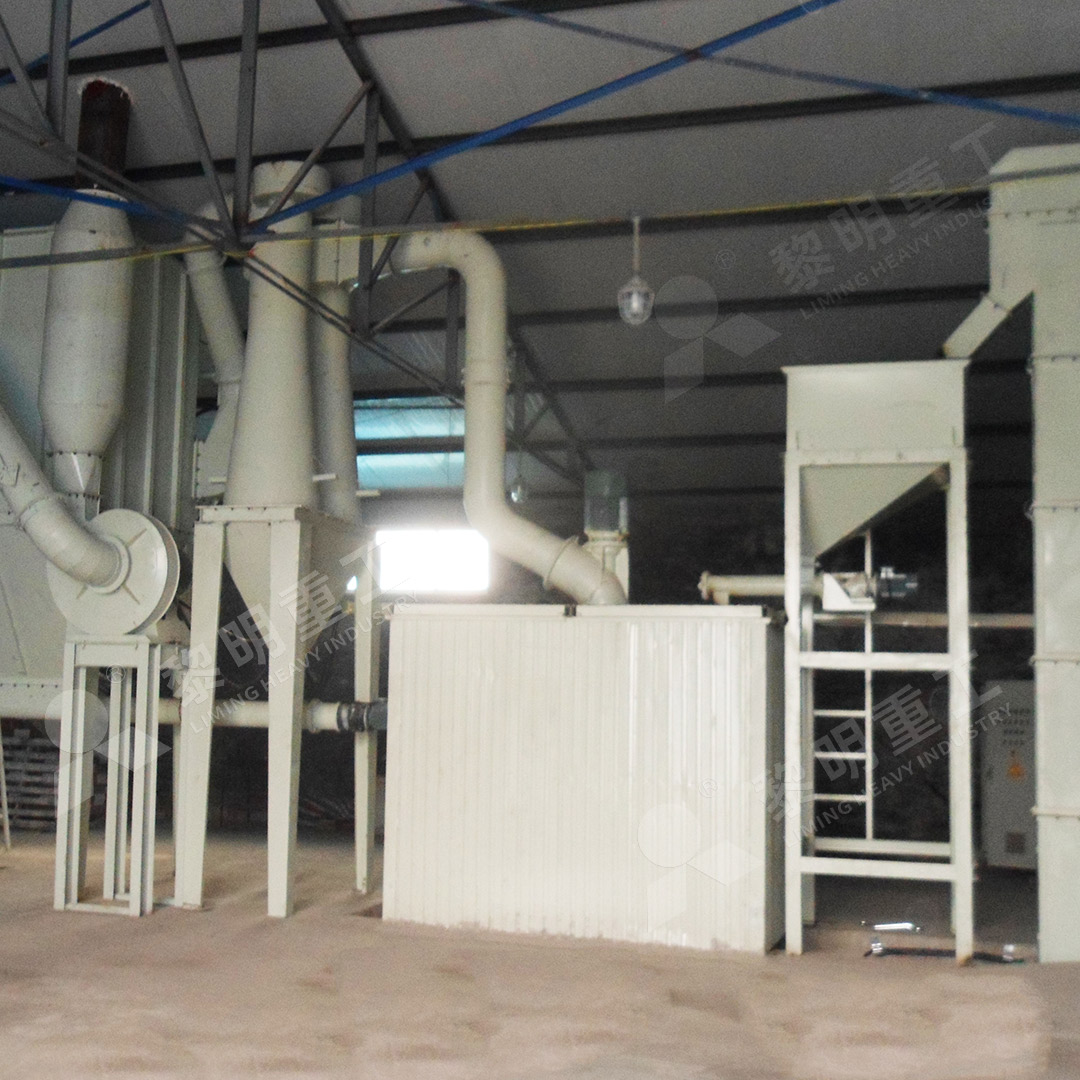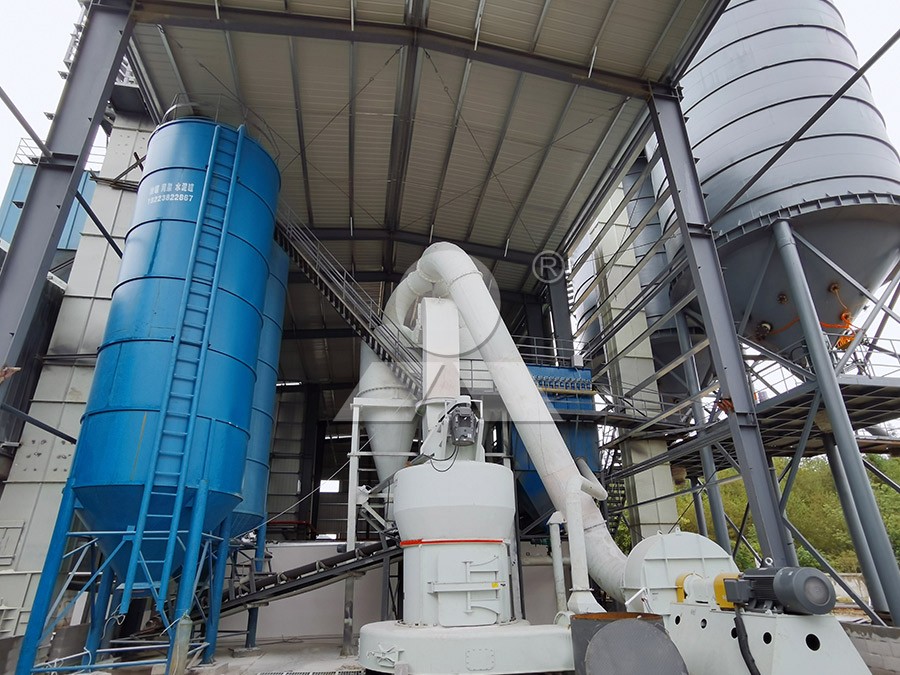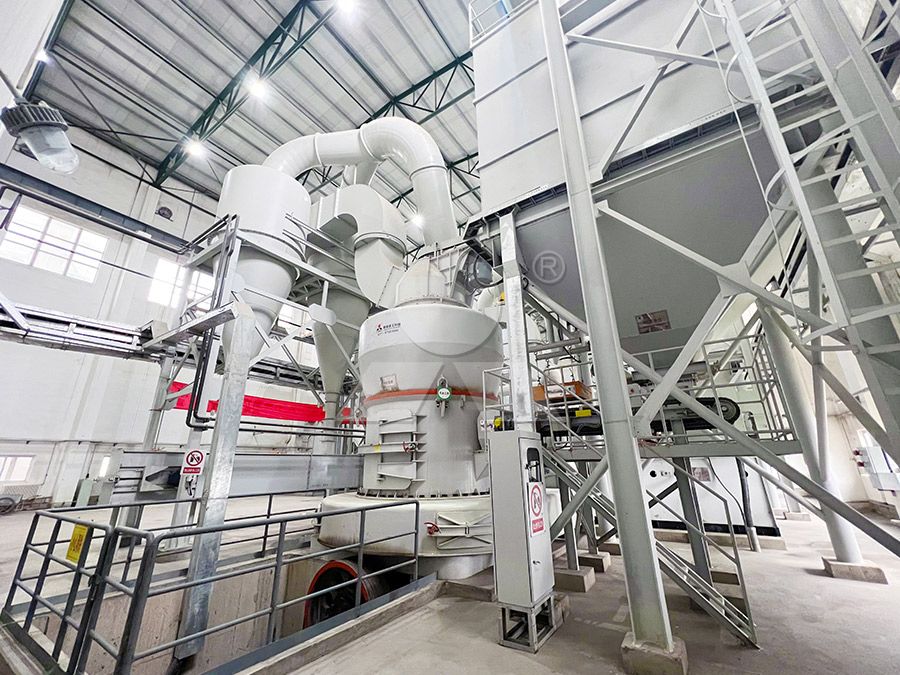German Grinding Mill Machines: Precision Engineering for Industrial Applications
German Grinding Mill Machines: Precision Engineering for Industrial Applications
In the realm of industrial processing, German engineering has long been synonymous with precision, reliability, and innovation. This reputation extends powerfully into the domain of grinding mill technology, where meticulous design and advanced manufacturing techniques converge to create equipment that sets global standards for performance.

The evolution of grinding technology has been marked by continuous refinement of mechanical systems and operational principles. Modern German-inspired grinding mills represent the culmination of decades of research and practical application, offering solutions that address the most demanding industrial requirements while maintaining exceptional energy efficiency and environmental compliance.
Engineering Excellence in Particle Size Reduction
At the core of advanced grinding systems lies the fundamental challenge of achieving precise particle size distribution while minimizing energy consumption. German engineering approaches this challenge through sophisticated mechanical designs that optimize every aspect of the grinding process. From the geometry of grinding elements to the aerodynamics of material transport, each component is meticulously calculated to deliver maximum efficiency.
One standout example of this engineering philosophy is the MW Ultrafine Grinding Mill, which embodies the latest advancements in ultrafine powder production. With an input size capability of 0-20 mm and capacity ranging from 0.5 to 25 tons per hour, this machine demonstrates remarkable versatility across multiple applications. What truly sets it apart is its innovative approach to maintenance and reliability—the complete absence of rolling bearings and screws within the grinding chamber eliminates common failure points that plague conventional designs.
Advanced Separation Technology for Superior Product Quality
The quality of finished powder products depends heavily on the precision of separation systems. German grinding mills incorporate advanced cage-type powder selectors that provide exceptional control over particle size distribution. The MW Ultrafine Grinding Mill, for instance, features adjustable fineness between 325-2500 meshes with the capability to achieve d97≤5μm in a single pass—a testament to the precision achievable with modern German-inspired designs.

This level of control is particularly valuable in industries such as chemicals, paints, cosmetics, and food additives, where consistent particle size directly impacts product performance and quality. The multi-head cage-type powder selector can be configured according to specific production requirements, allowing operators to fine-tune the balance between yield, fineness, and sieving rate.
Environmental Responsibility in Modern Grinding Operations
Contemporary industrial equipment must address environmental concerns without compromising performance. German-engineered grinding mills lead in this aspect through integrated dust collection and noise reduction systems. The MW Ultrafine Grinding Mill exemplifies this approach with its efficient pulse dust collector and muffler system, ensuring that the entire production process meets stringent environmental standards.
The environmental benefits extend beyond dust control. These systems are designed for optimal energy utilization, with the MW Ultrafine Grinding Mill consuming only 30% of the energy required by jet grinding mills while delivering 40% higher production capacity. This combination of performance and efficiency represents the forward-thinking approach that characterizes German industrial design.
Digital Manufacturing for Uncompromising Precision
The manufacturing process itself reflects the commitment to quality that defines German engineering. With dozens of numerical control machine lines handling cutting, bending, planing, milling, and painting operations, every component benefits from digital precision. This approach is particularly critical for core parts where dimensional accuracy directly impacts performance and longevity.

For operations requiring vertical grinding solutions, the LUM Ultrafine Vertical Grinding Mill offers another exemplary option. With input size of 0-10 mm and capacity of 5-18 tph, this mill incorporates the latest Taiwanese grinding roller technology with German powder separating expertise. Its reversible structure simplifies maintenance, while double position-limiting technology ensures operational stability even under challenging conditions.
Comprehensive Support for Uninterrupted Operation
The engineering excellence of German-inspired grinding mills extends beyond the equipment itself to encompass comprehensive support systems. With complete responsibility for production and sales, manufacturers ensure access to original spare parts and technical services that guarantee worry-free operation. This holistic approach to equipment provision reflects the thoroughness that has made German engineering respected worldwide.
Frequently Asked Questions
What industries typically use German-designed grinding mills?
These mills serve diverse sectors including chemicals, paints, cosmetics, pharmaceuticals, food additives, construction materials, and mineral processing. Their versatility makes them suitable for any application requiring precise particle size reduction.
How does the MW Ultrafine Grinding Mill achieve its energy efficiency?
Through newly designed grinding curves of the grinding roller and ring, which enhance grinding efficiency. The mill consumes only 30% of the energy of jet grinding mills while providing 40% higher capacity.
What maintenance advantages do these mills offer?
The absence of rolling bearings and screws in the grinding chamber eliminates common failure points. External lubrication systems allow maintenance without shutdown, supporting continuous 24-hour operation.
Can these mills handle different materials without cross-contamination?
Yes, the efficient pulse dust collection system and sealed design prevent material cross-contamination while maintaining a clean operating environment.
What level of automation do these grinding systems support?
They incorporate advanced control systems that allow precise adjustment of operational parameters and can be integrated into fully automated production lines with remote monitoring capabilities.
